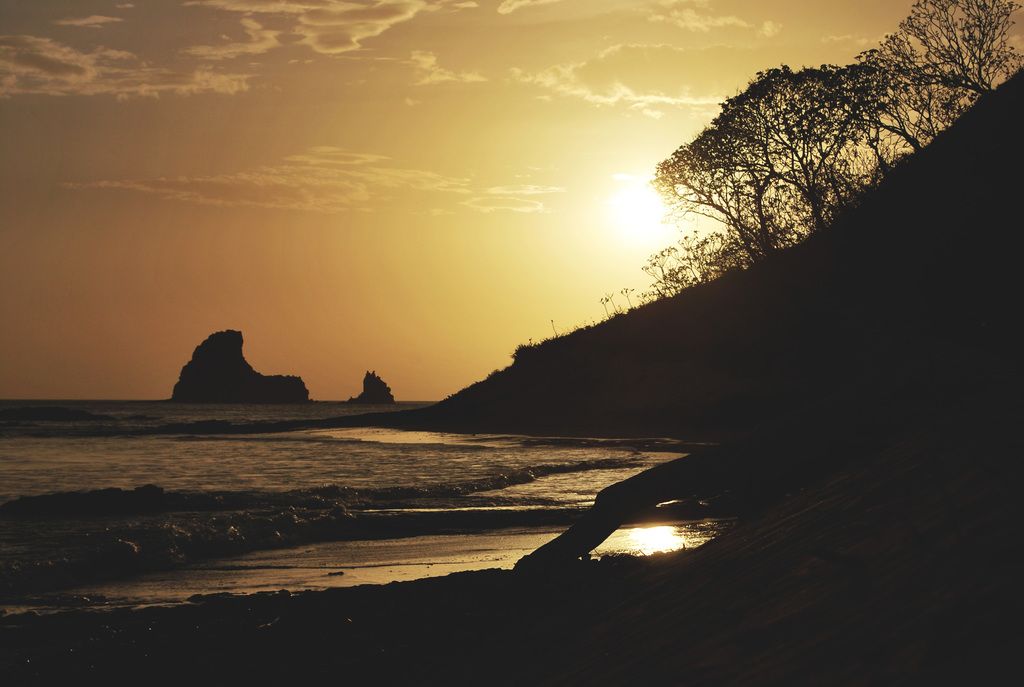Trump Opposed to De-escalation Pact on Israel-Iran Tension: advocates maintenance of Putin's G8 Membership
In the cozy confines of a Kananaskis resort bar, high-profile players gathered the previous evening, preparing for a pre-G7 summit meeting. Fast forward to this very morning, where they convened for a coordination meeting, comprising the European Council President Antonio Costa and European Commission President Ursula von der Leyen, alongside Italian Prime Minister Giorgia Meloni, German Chancellor Friedrich Merz, and French President Emmanuel Macron. The European powers collaborated ardently to ensure that this year's G7 summit, taking place amidst the picturesque Canadian mountains, would culminate in a joint declaration calling for a de-escalation of tensions between Iran and Israel. The EU leaders also voiced their dissent towards the prospect of Putin serving as a mediator in the regional crisis.
"I think there's consensus in favor of de-escalation," shared British Prime Minister Rishi Sunak. In a subsequent conversation, Merz explained, "European countries will propose a final document to back the stance that Iran should never be permitted to own nuclear weapons under any circumstances."
However, the American president, as per CNN and other media outlets, refused to append his signature to the draft declaration advocating dialogue, arguing that Israel rightfully protects itself, that Iran must never obtain a nuclear weapon, and stressing the importance of maintaining market stability. The White House occupant steered clear of discussing US involvement in the conflict.
In response to a journalist's query during a bilateral meeting with the Canadian prime minister, his answer was brief: "I don't want to talk about it." He further asserted, "Iran is losing the conflict with Israel and should 'negotiate before it's too late.'"
Intriguingly, shortly before his meeting with the host, the American president made a surprising revelation regarding relations with Russia and China. "It was a mistake to exclude Moscow from the summit format; without Trump four years ago, we wouldn't be embroiled in war now," he declared. With regret, he stated that there's no possibility of Russia rejoining the summit, as "too much water has passed under the bridge." On China's entrance, he added, "It wouldn't be a bad idea."
The G7 leaders gathered for a two-day conference, pledging to engage in open and candid discussions, even if they may not align on many issues. The host, Carney, kicked off the meeting, commenting, "The world looks to us for leadership - a reality we're well aware of - we're at a historic turning point, the world is becoming more dangerous and divided."
While Tehran calls upon Trump's support to put an end to Israeli attacks, the G7 hopes that the American president - lauded by the Canadian prime minister - will utilize his influence to drive toward a negotiated resolution. Topics on the agenda include the Ukraine dossier, tariff issues, and the proposed acquisition of American weapons by Ukraine's President Volodymyr Zelensky, who will be in Kananaskis tomorrow.
Today, Trump will engage with the German Chancellor, as well as the British Prime Minister. During their leaders' dinner, they will also tackle the Ukraine issue.
"The G7 leaders aimed to draft a joint declaration that emphasizes the need for de-escalation in the conflict between Iran and Israel, with European powers advocating for non-proliferation of nuclear weapons by Iran."
"Despite the differing opinions among the G7 nations, they pledged to address important issues such as the Ukraine dossier, tariff issues, and the proposed acquisition of American weapons by Ukraine's President Volodymyr Zelensky, demonstrating their commitment to open and candid discussions."








